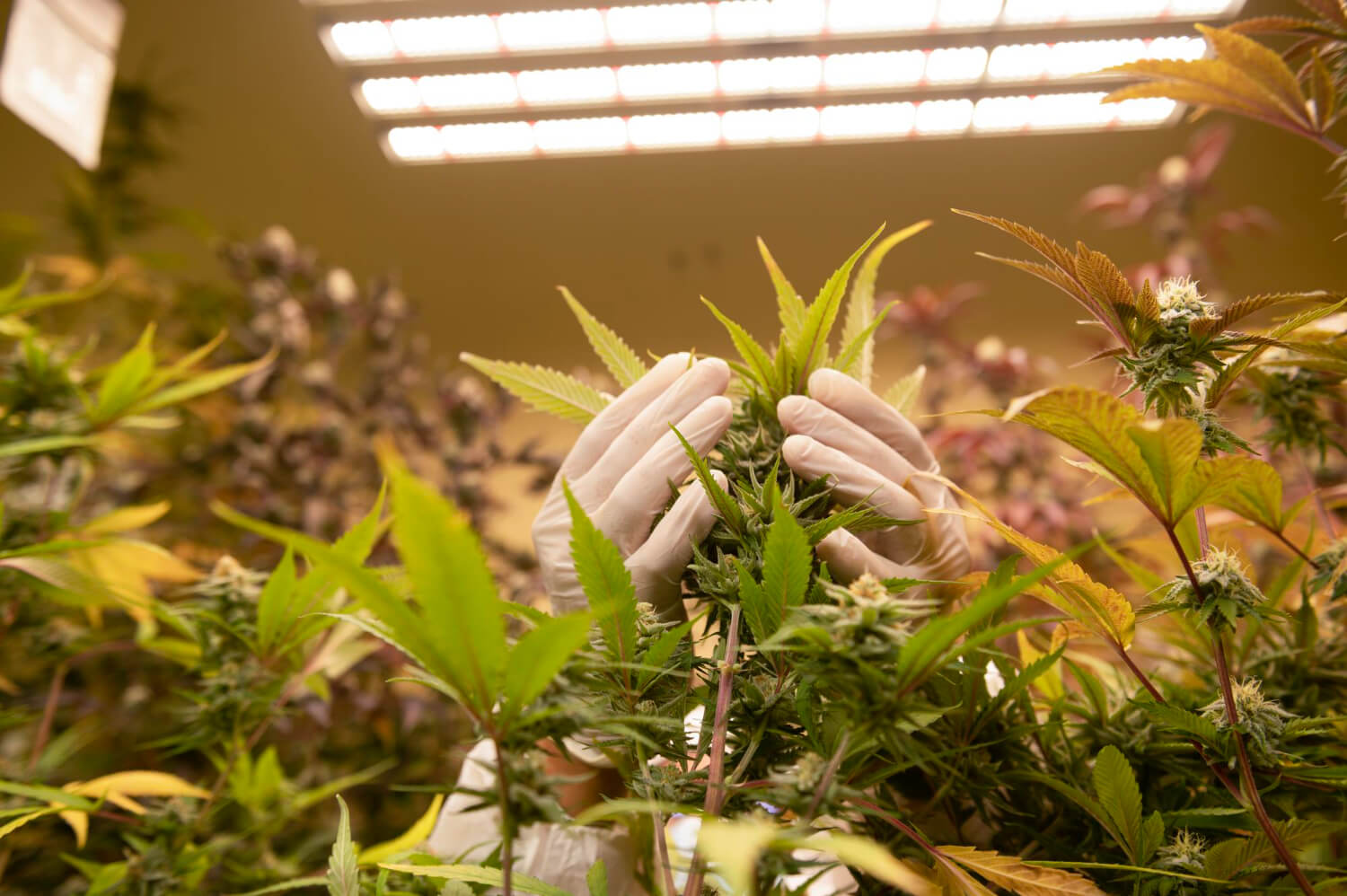The Cannabis Regulators Association (CANNRA), an association of state cannabis regulators, has recently submitted a request to Congress regarding hemp-derived cannabinoids and a new definition for hemp versus marijuana. CANNRA asked the House and Senate committee chairs to incorporate essential changes in the upcoming Farm Bill. This move aims to control the growing competition faced by loosely regulated cannabis, which can have significant implications for products that contain intoxicating hemp-derived cannabinoids, such as delta-8 THC.
Drawing a Clear Line between Hemp and Marijuana
At present, hemp is defined as any cannabis sativa plant that contains 0.3% THC or less. However, CANNRA is keen on advocating for a new definition that focuses primarily on clarifying the distinction between hemp cultivated for purposes like fiber, food, or feed and hemp intended for extraction of THC or CBD.
To successfully address this issue, there needs to be an objective and transparent dialogue among key stakeholders involved in the cannabis industry. With more states legalizing marijuana use and cultivation, it is crucial to create a regulatory framework that benefits both businesses and consumers while emphasizing public safety and health.
CANNRA: A Voice for Essential Changes
The Cannabis Regulators Association was founded to serve as a resource for authorities governing cannabis use and cultivation across the United States. Its primary objective is to facilitate collaboration and information exchange among agencies responsible for regulating the sector at the state level. By submitting their proposal for changes in the Farm Bill, CANNRA hopes to provide much-needed guidance and support to these authorities in developing appropriate rules and regulations.
Intoxicating Hemp-Derived Cannabinoids: A Growing Concern
In recent years, the availability of intoxicating hemp-derived cannabinoids, such as delta-8 THC, has increased rapidly. Often referred to as a less potent alternative to delta-9 THC, delta-8 THC is widely known for its mellowing psychotropic effects. However, it falls within a regulatory grey area, often confusing regulators and consumers.
A proper classification system for various types of hemp is essential in addressing this issue, allowing businesses operating within the industry to understand the rules they should adhere to when producing products rich in these chemically synthesized compounds. Consequently, this will help consumers make informed decisions about these novel yet potentially unsafe substances.
Updating Regulations in the Best Interest of All Stakeholders
In times of growing complexity and competition in the cannabis sector, state-level authorities seek guidance from federal lawmakers to establish clear regulations that address the emerging needs of business owners and consumers. By creating an organized regulatory framework that addresses the challenges posed by new chemically synthesized cannabinoid compounds, the updated Farm Bill could act as a blueprint for efforts towards streamlining policies throughout the country and providing greater clarity for all stakeholders involved.
The Road Ahead: Implications of Proposed Changes
If approved, the changes proposed by CANNRA in the upcoming Farm Bill would have substantial impacts on the regulation and oversight of hemp-derived cannabinoids like delta-8 THC. A comprehensive redefinition of hemp versus marijuana would provide clarity while fostering a more controlled environment for the growth of the cannabis industry as a whole.
Furthermore, including specific distinctions for hemp cultivated for fiber, food, or feed purposes versus those intended for extraction of THC or CBD will ultimately serve the best interests of all stakeholders within this evolving sector. Introducing these changes by leveraging essential modifications in the new Farm Bill has the potential to set the course for a safe, viable, and sustainable cannabis market in the years to come.





